APA San Francisco (Fri): The Question of Torture
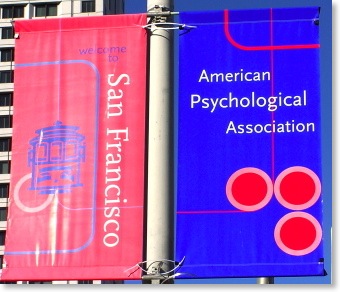
The pressing issue of this convention turns out to be the question of the torture of prisoners by the United States government's forces in places like Guantanamo Bay, the involvement of psychologists in developing or advising about interrogation techniques which are torturous, and the ethical lapses or failures of both these psychologists and the American Psychological Association itself in rejecting such activities. My first session this morning involved a symposium/discussion on the topic: "Ethics and Interrogations-Confronting the Challenge: What Does the Research on
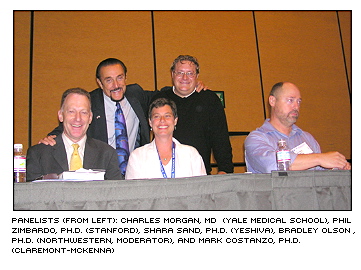
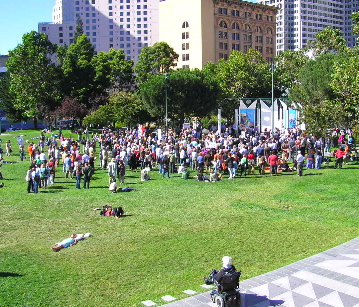
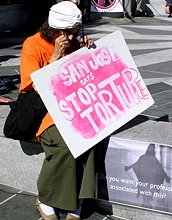
Later in the day, there was a demonstration in the Yerba Buena Gardens across from Moscone South by Psychologists for an Ethical APA. The crowd it attracted seemed to me to consist of about 200-300 pretty committed and enthusiastic. On Sunday morning, the APA Council of Representatives is going
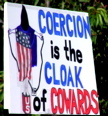
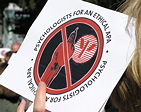
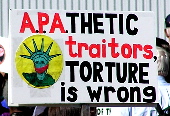
Eyewitness Testimony Again Challenged
The articles goes on to say thatBrandon L. Garrett, a law professor at the University of Virginia, has, for the first time, systematically examined the 200 cases, in which innocent people served an average of 12 years in prison. In each case, of course, the evidence used to convict them was at least flawed and often false — yet juries, trial judges and appellate courts failed to notice.“A few types of unreliable trial evidence predictably supported wrongful convictions,” Professor Garrett concluded in his study, “Judging Innocence,” to be published in The Columbia Law Review in January.
Once again, naive belief in the accuracy or superiority of so-called "eyewitness" testimony is shown to be dangerous and grossly misplaced.The leading cause of the wrongful convictions was erroneous identification by eyewitnesses, which occurred 79 percent of the time. In a quarter of the cases, such testimony was the only direct evidence against the defendant.
Target Article: Liptak, A. (2007, July 23). Study of wrongful convictions raises questions beyond DNA. New York Times (Electronic version).